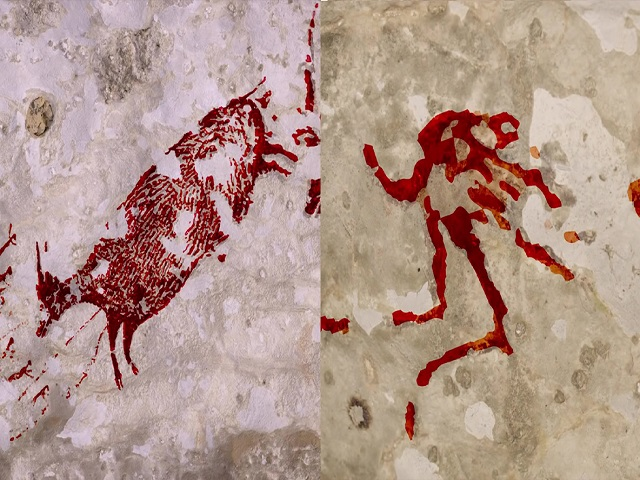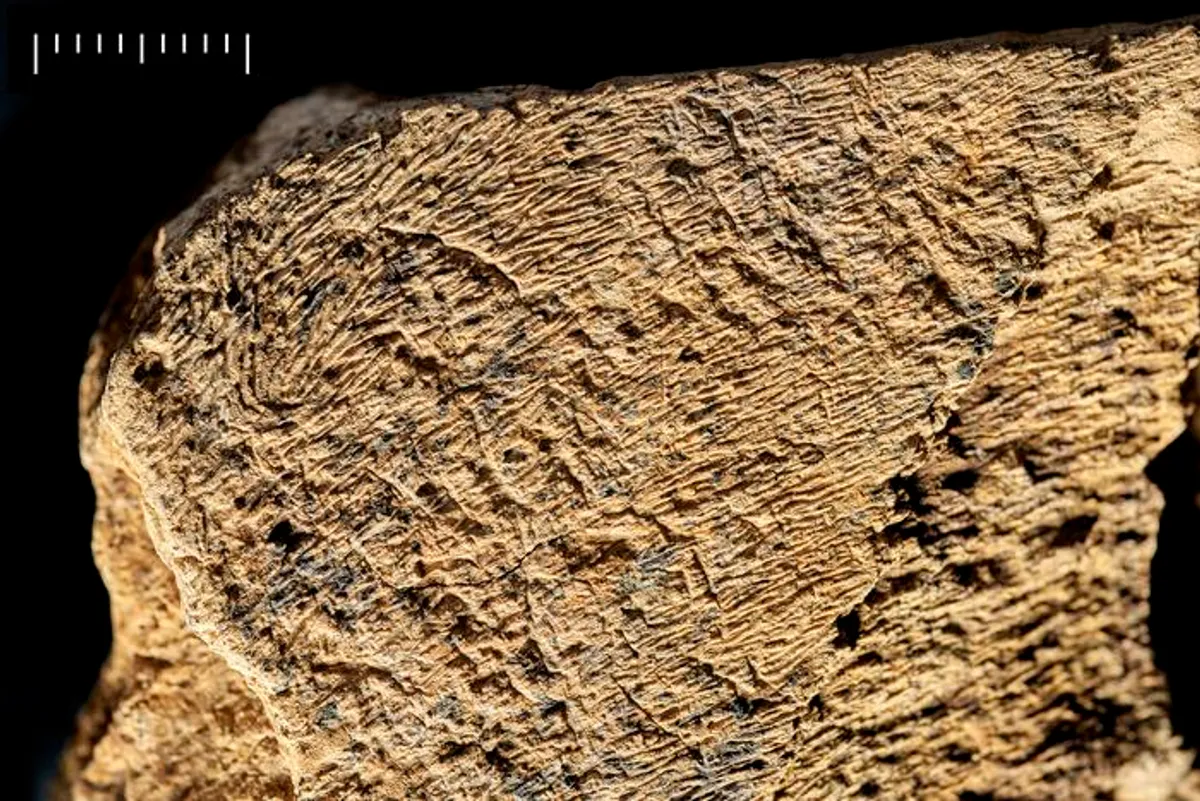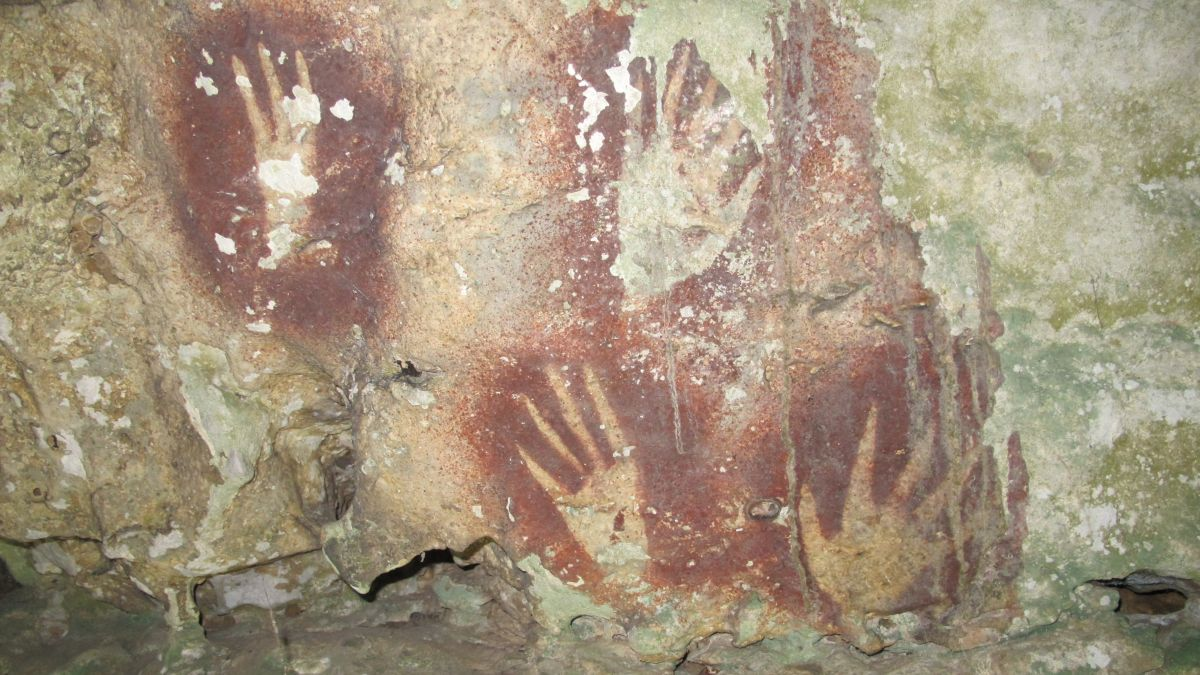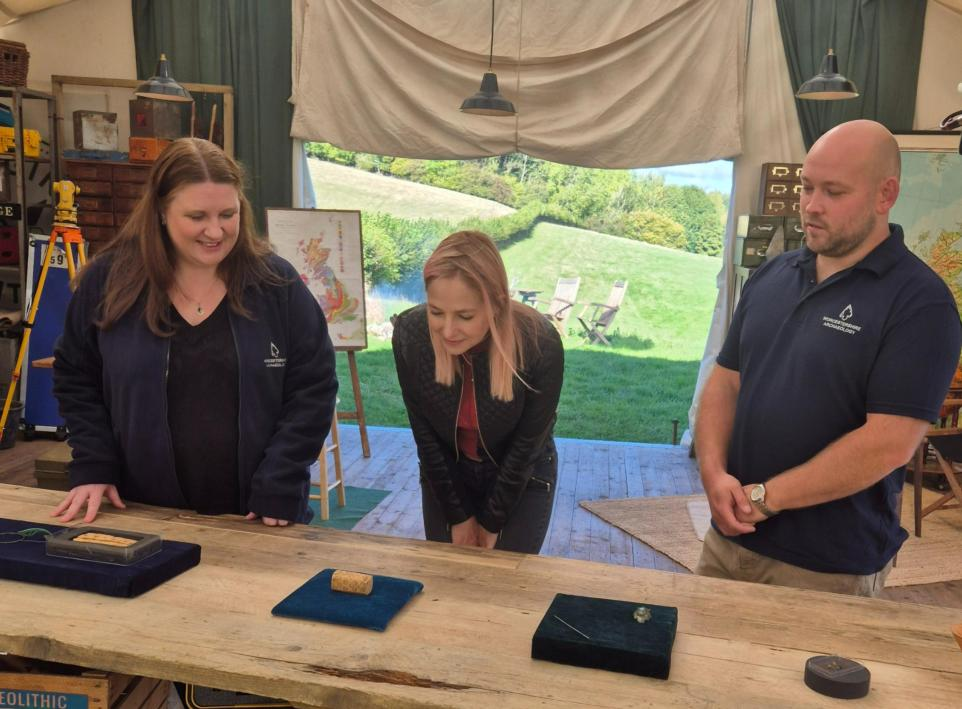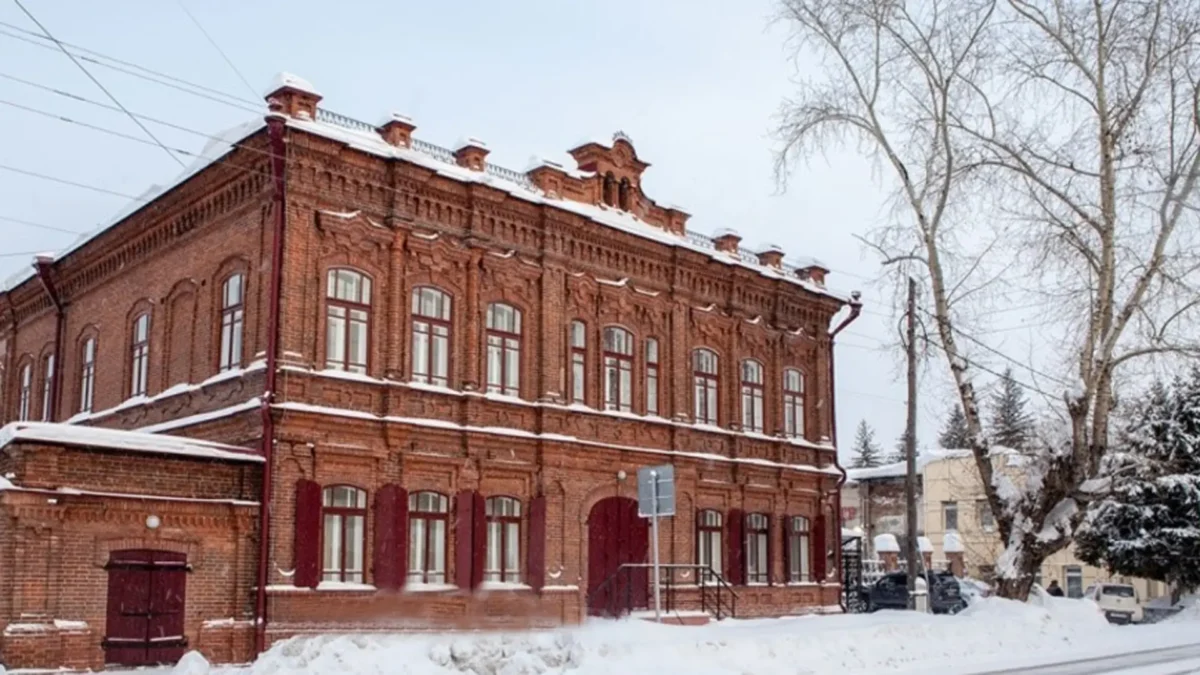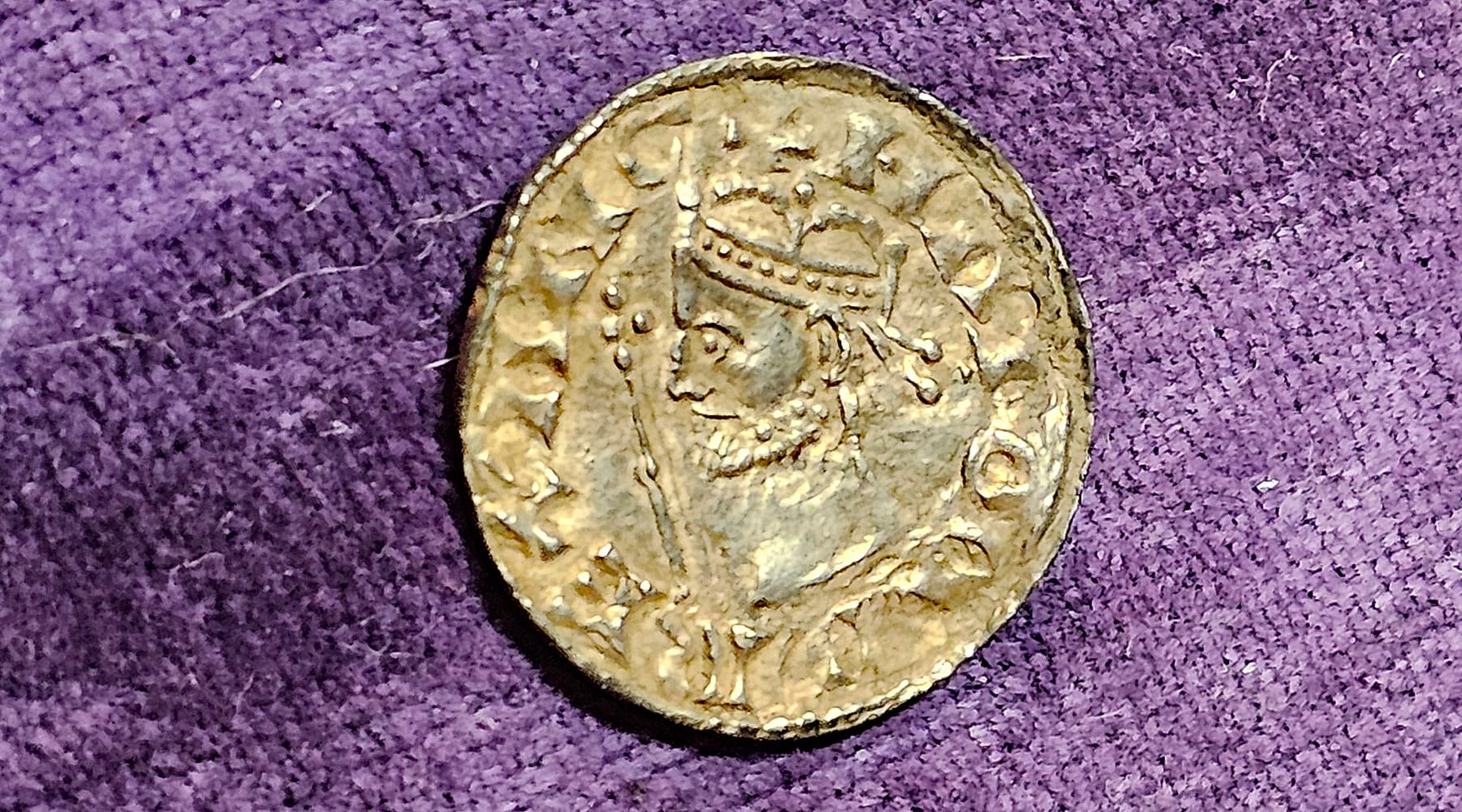BY THE ARCHAEOLOGIST EDITOR GROUP
Easter is a Christian holiday that commemorates Jesus Christ's resurrection from the dead. It is one of the most important Christian holidays, celebrated by billions of people around the globe. In addition to its religious significance, Easter has become a significant subject of archaeological research as scholars seek to understand the origins and evolution of this significant holiday.
The origins of Easter can be traced back to ancient pagan celebrations of the vernal equinox, which were observed in numerous cultures around the globe. As symbols of new life and rebirth, these celebrations frequently included feasting, dancing, and the exchange of eggs in Europe. With the spread of Christianity, these pagan traditions were incorporated into the new religion, and Easter took on a new significance as a celebration of Jesus Christ's resurrection.
Archaeologists have discovered evidence of ancient Easter celebrations in multiple locations around the globe. In Greece, for instance, excavations at the ancient city of Mycenae have uncovered evidence of a festival held in honor of the goddess Demeter, which may have been a precursor to the Christian holiday of Easter. Catacombs decorated with images of the resurrection have been discovered by archaeologists in Italy, shedding light on early Christian beliefs and practices.
The Tomb of Jesus, located in the Church of the Holy Sepulchre in Jerusalem, is one of the most well-known Easter-related archaeological finds. According to Christian tradition, Jesus was buried and then resurrected at this location. Archaeologists have conducted extensive research on the tomb and have uncovered evidence of multiple burial chambers and site modifications over the centuries. Although the tomb's authenticity has been contested, its significance as a site of Christian pilgrimage has not diminished.
Archaeologists have also examined Easter-related material culture, including the traditional Easter egg. The use of eggs as symbols of new life and rebirth dates back to ancient pagan rituals; Christians later adopted the practice as a symbol of the resurrection. Eggs have been discovered in numerous archaeological contexts, such as ancient Roman tombs and medieval castle ruins, and their use as Easter symbols has persisted.
Easter has deep roots in both Christian and pagan traditions, and its significance has made it an important topic of archaeological study. From ancient pagan celebrations to early Christian catacombs and the Tomb of Jesus, archaeologists have unearthed an abundance of evidence regarding the origins and evolution of this significant holiday. We gain new insights into the meaning and significance of Easter and its enduring place in the human experience as we continue to investigate the past.


